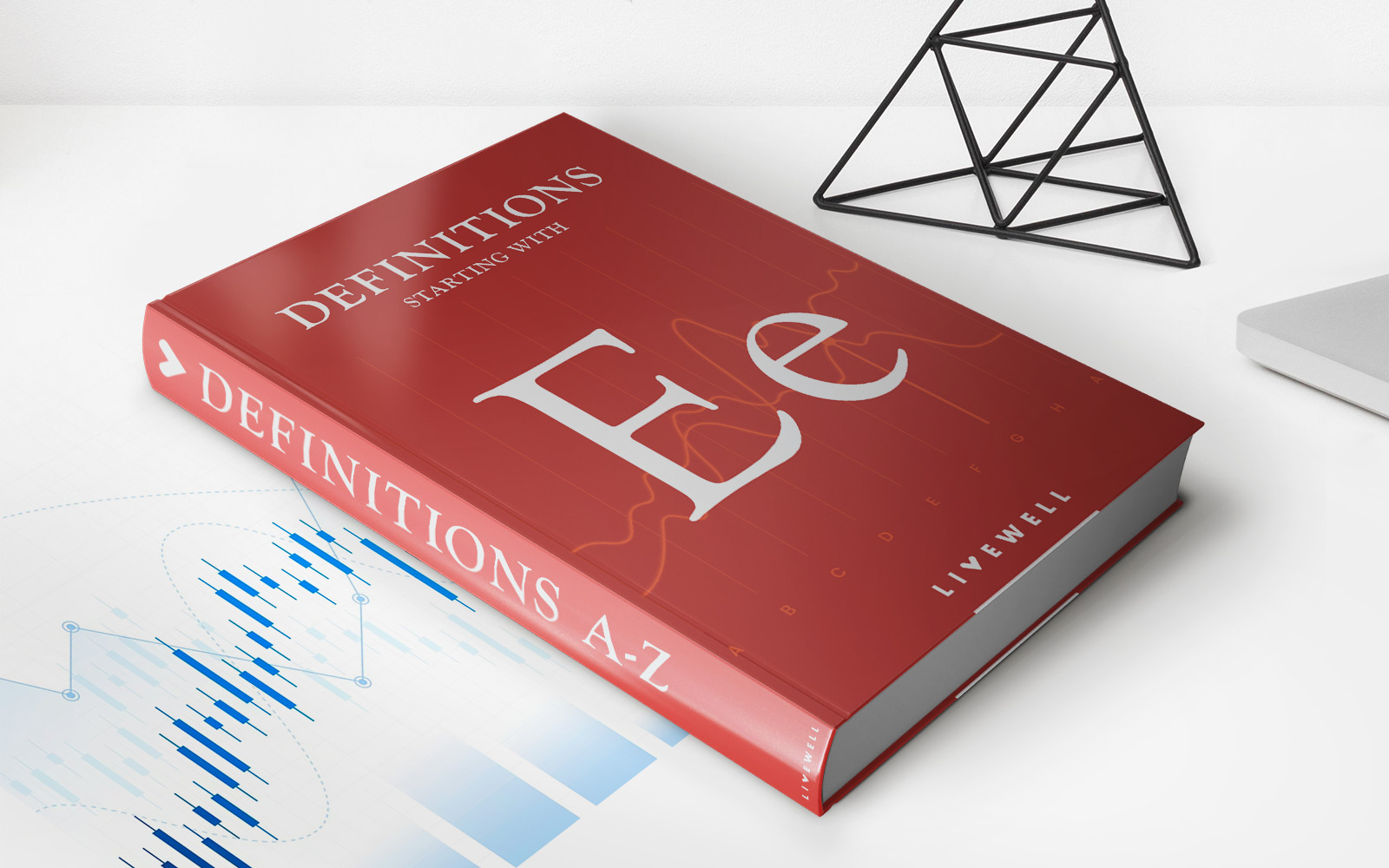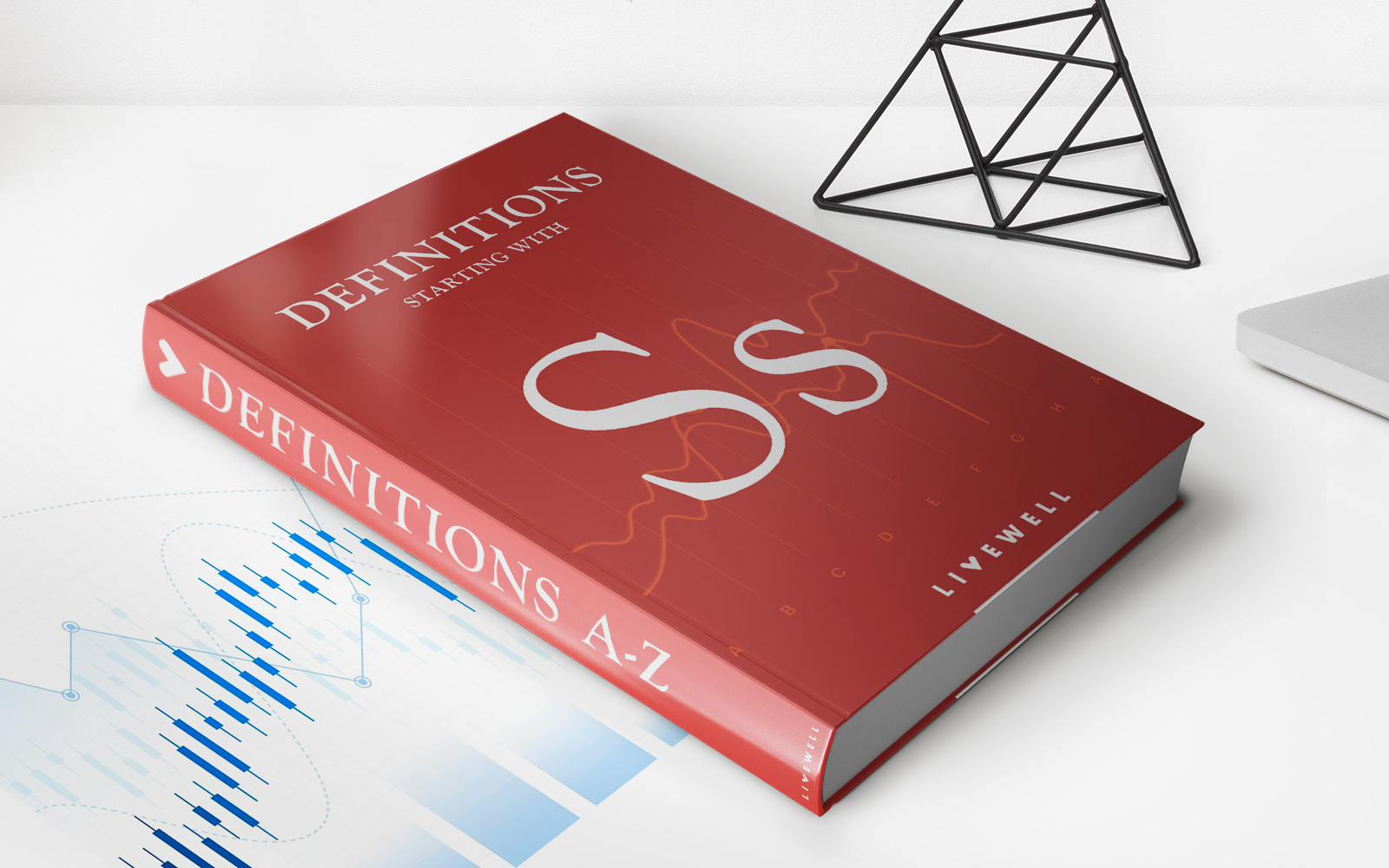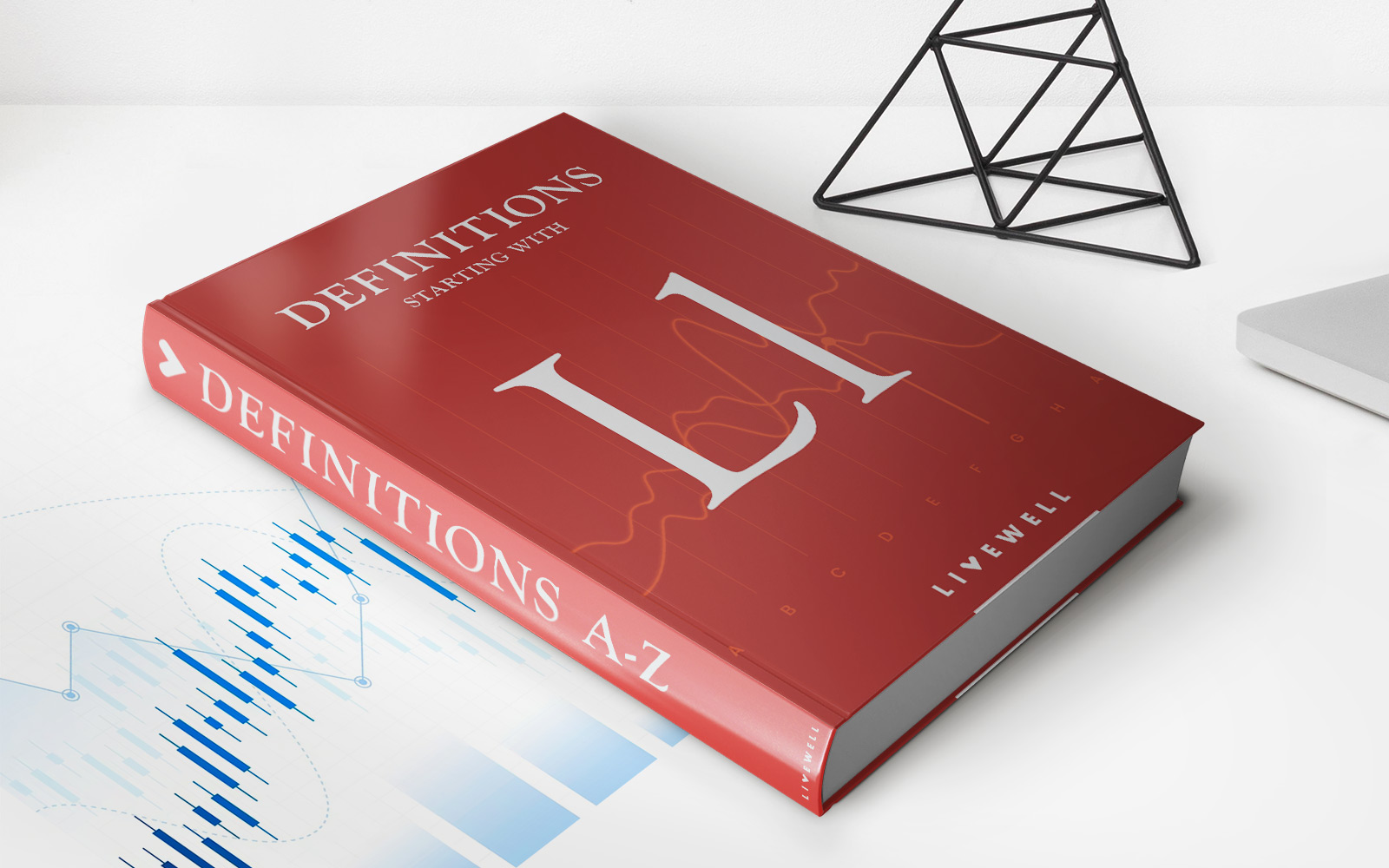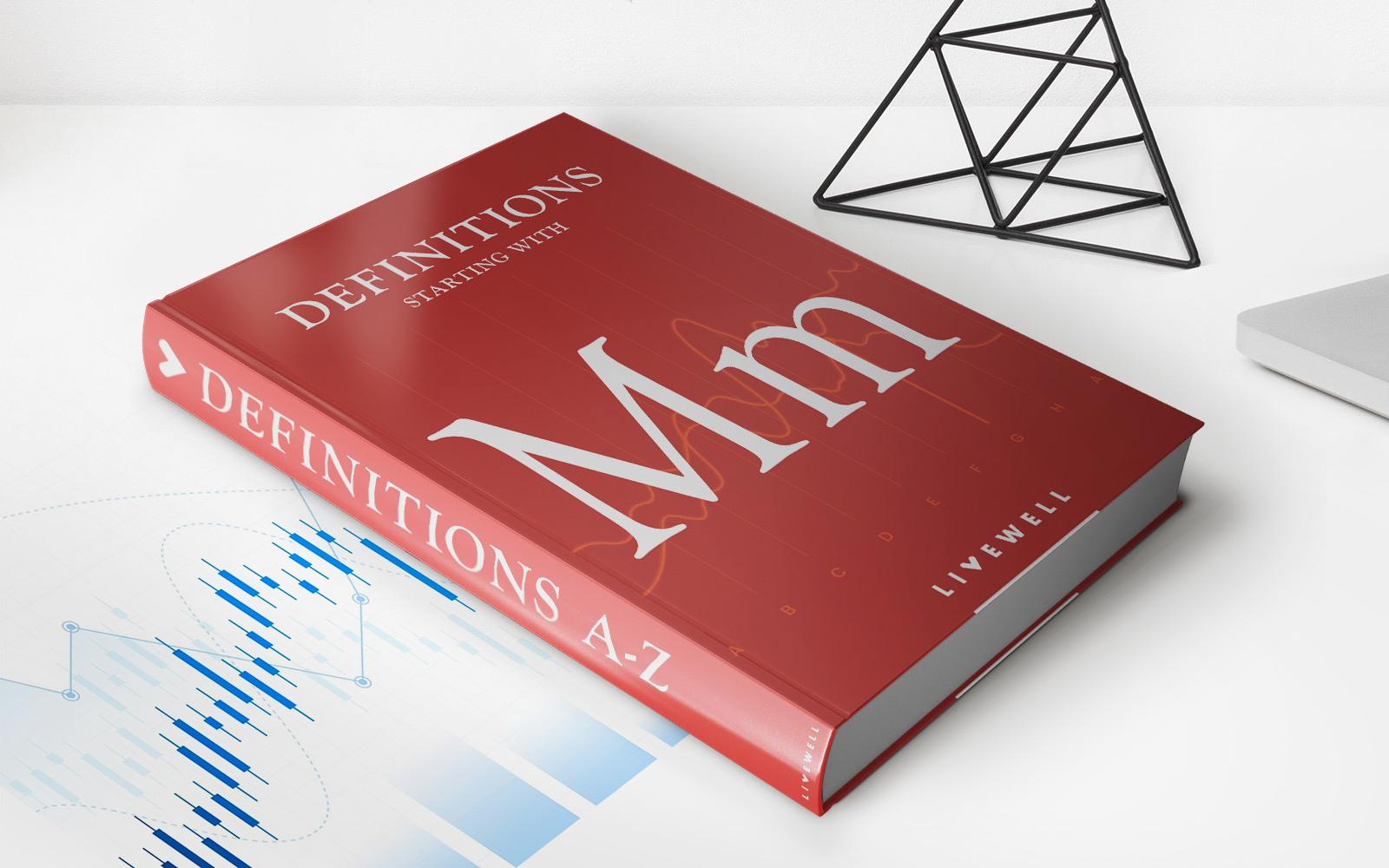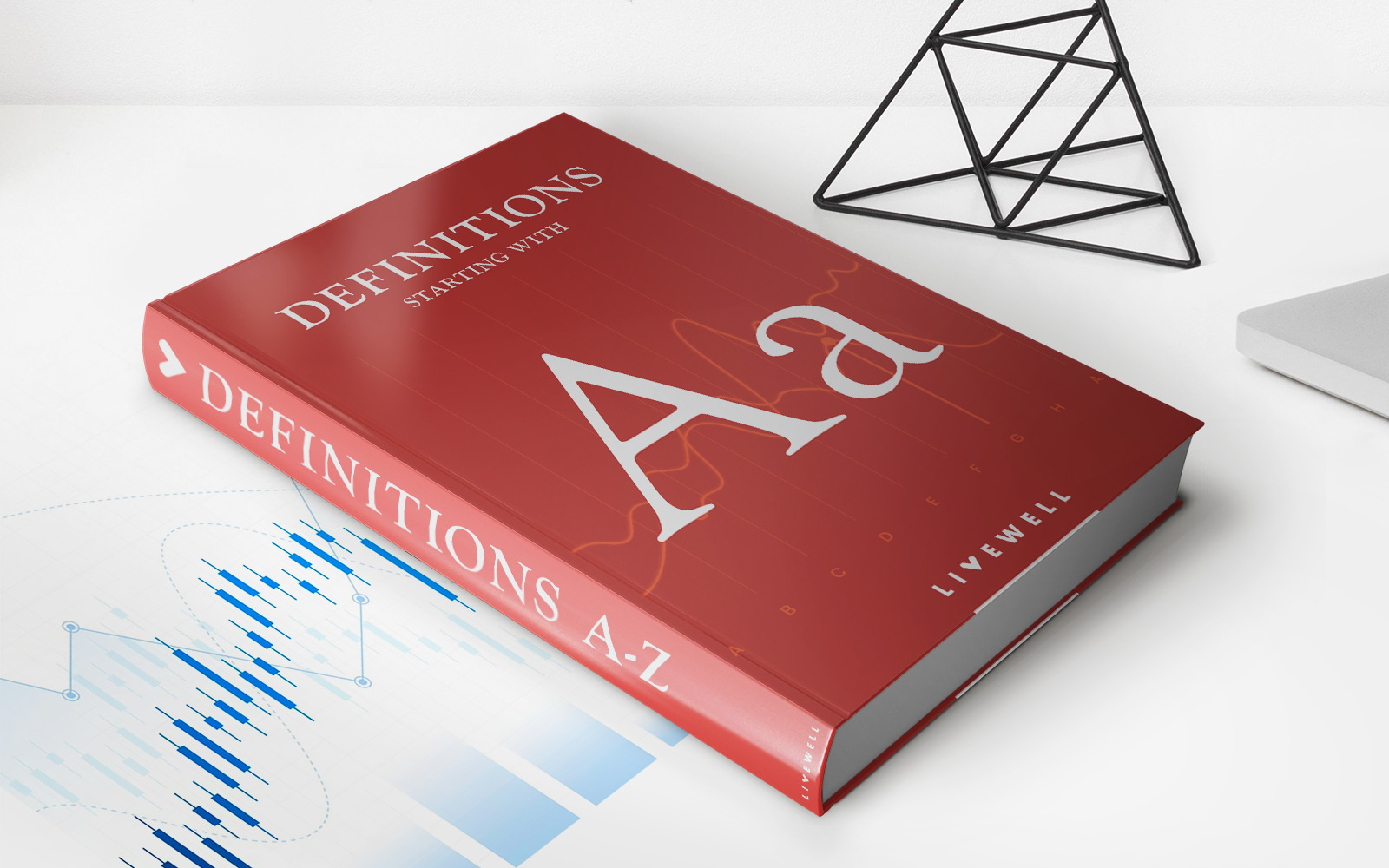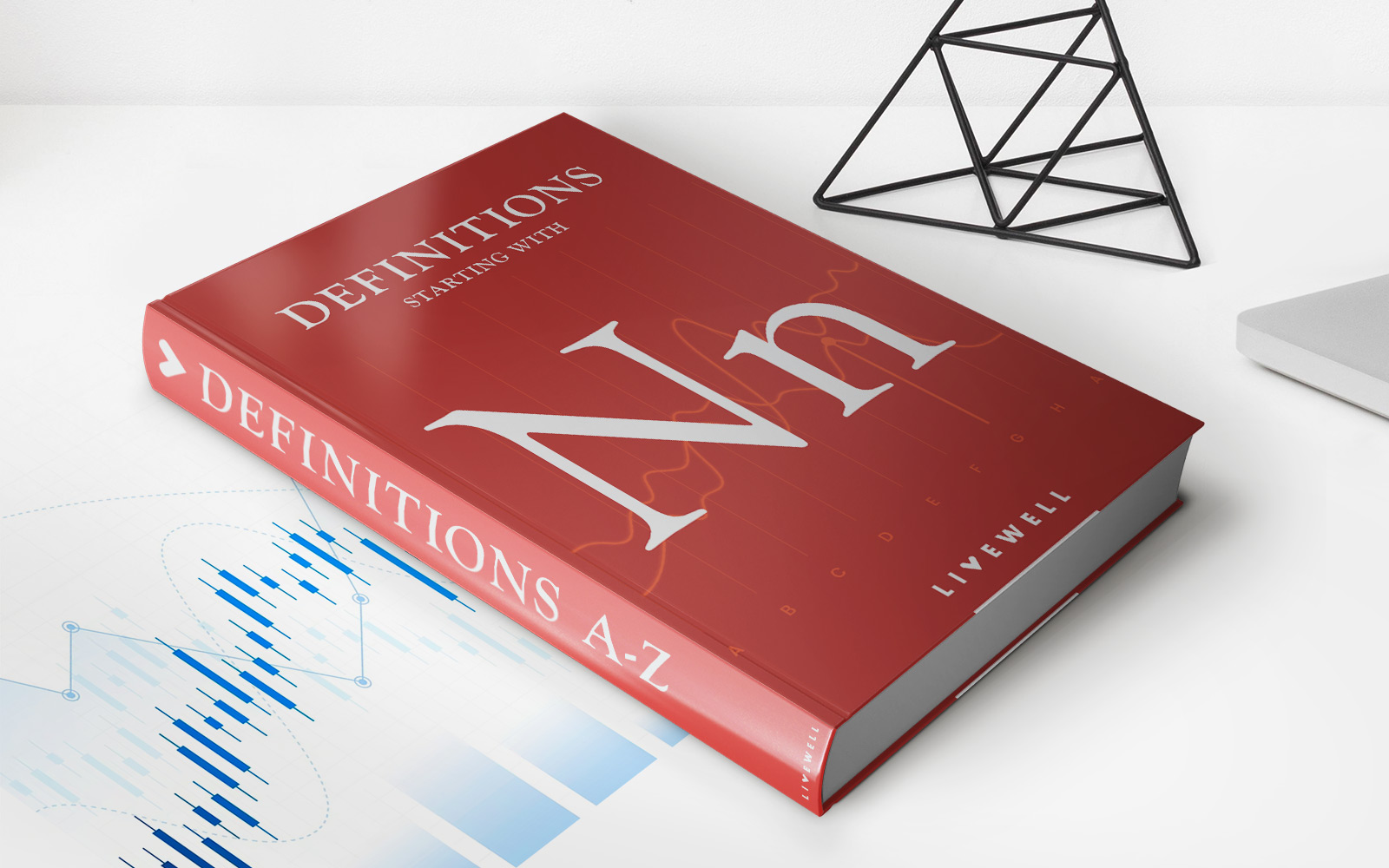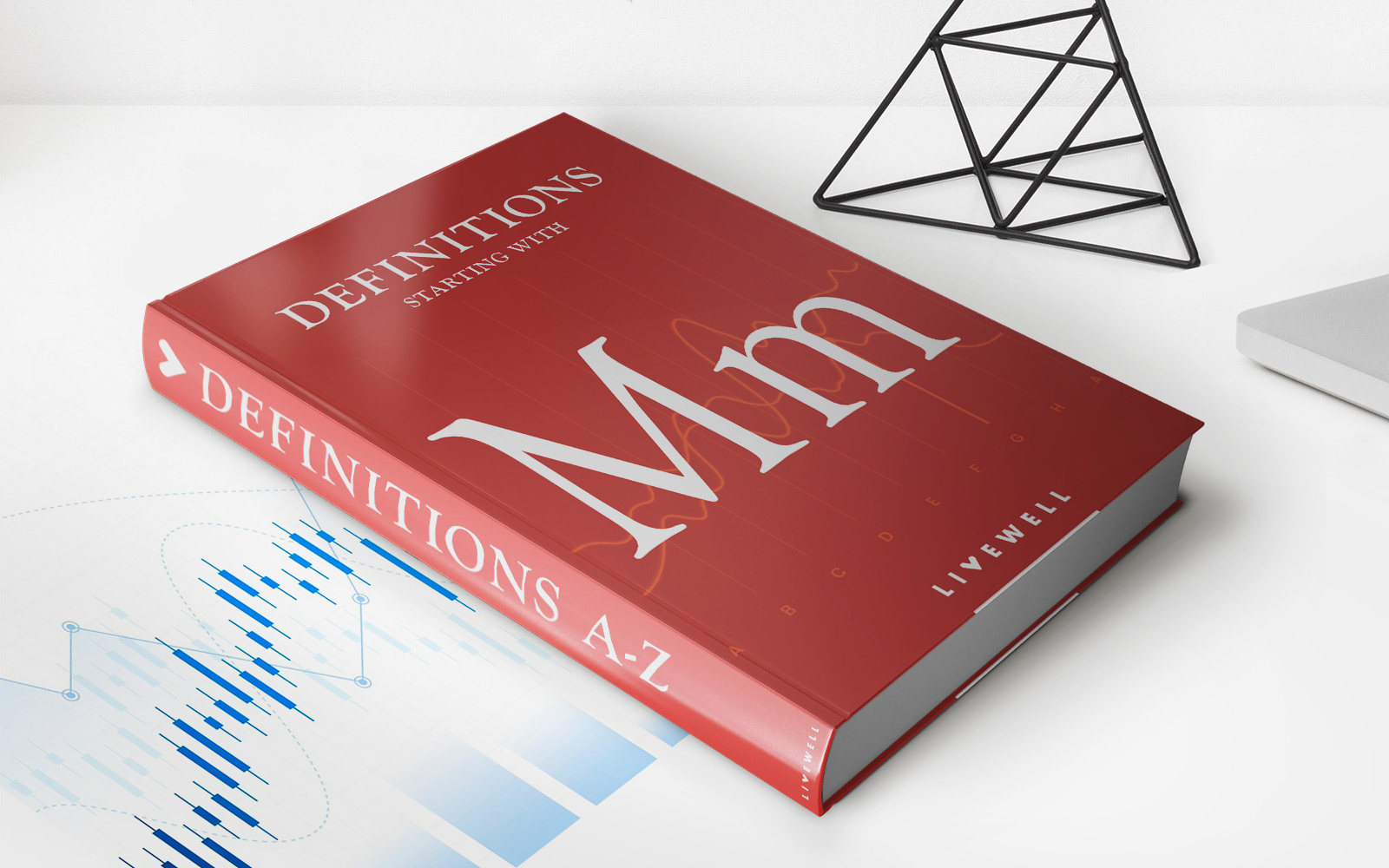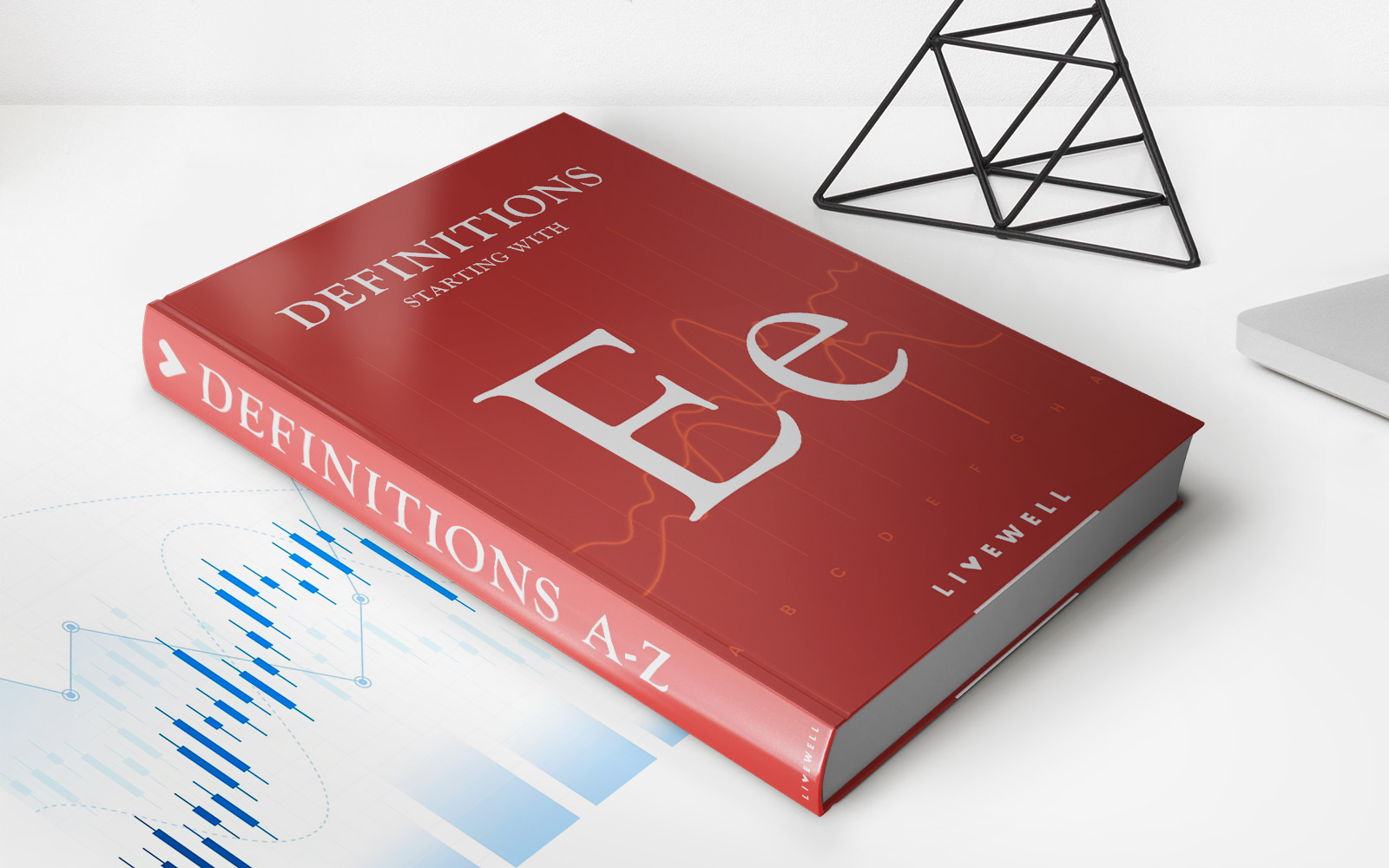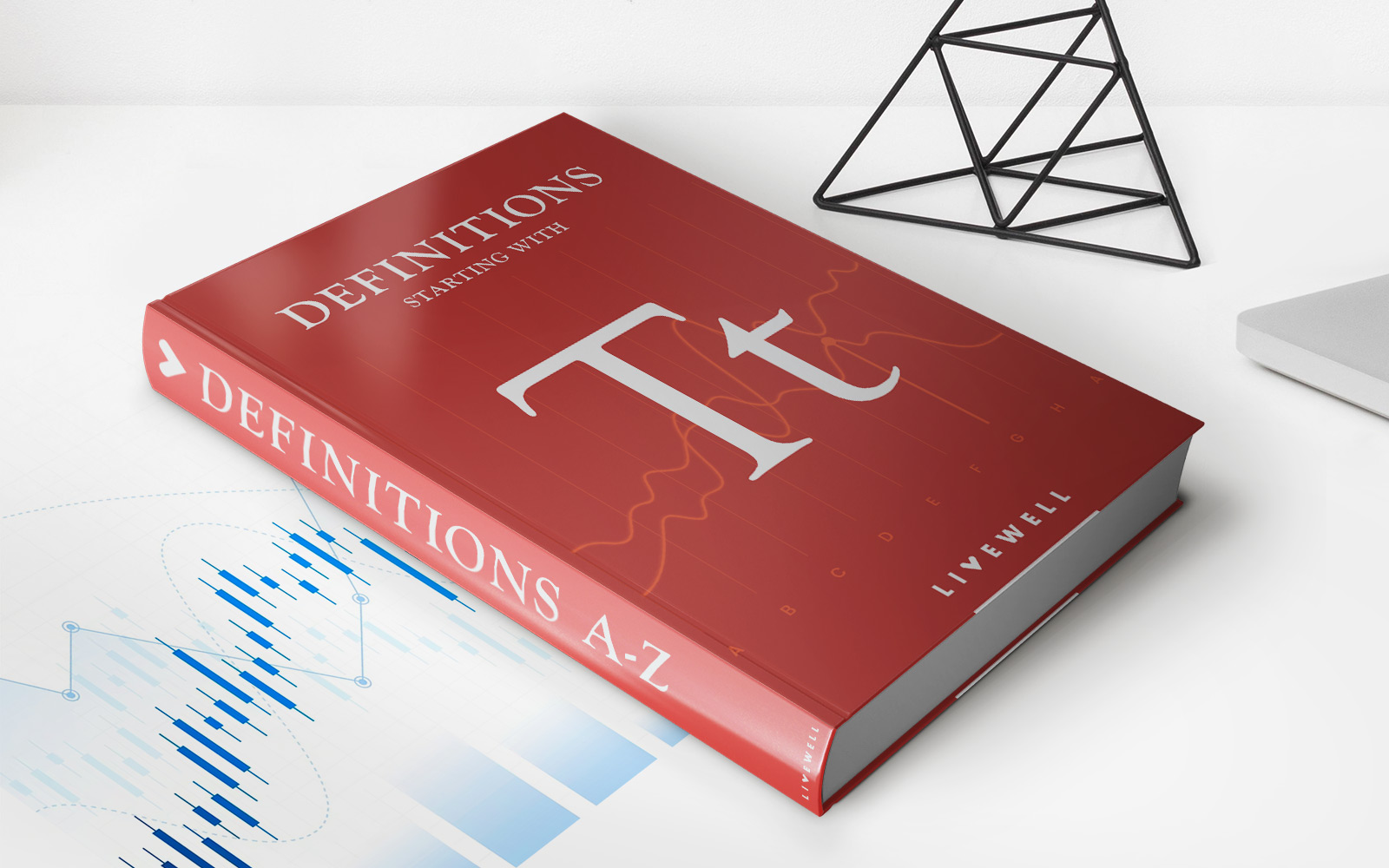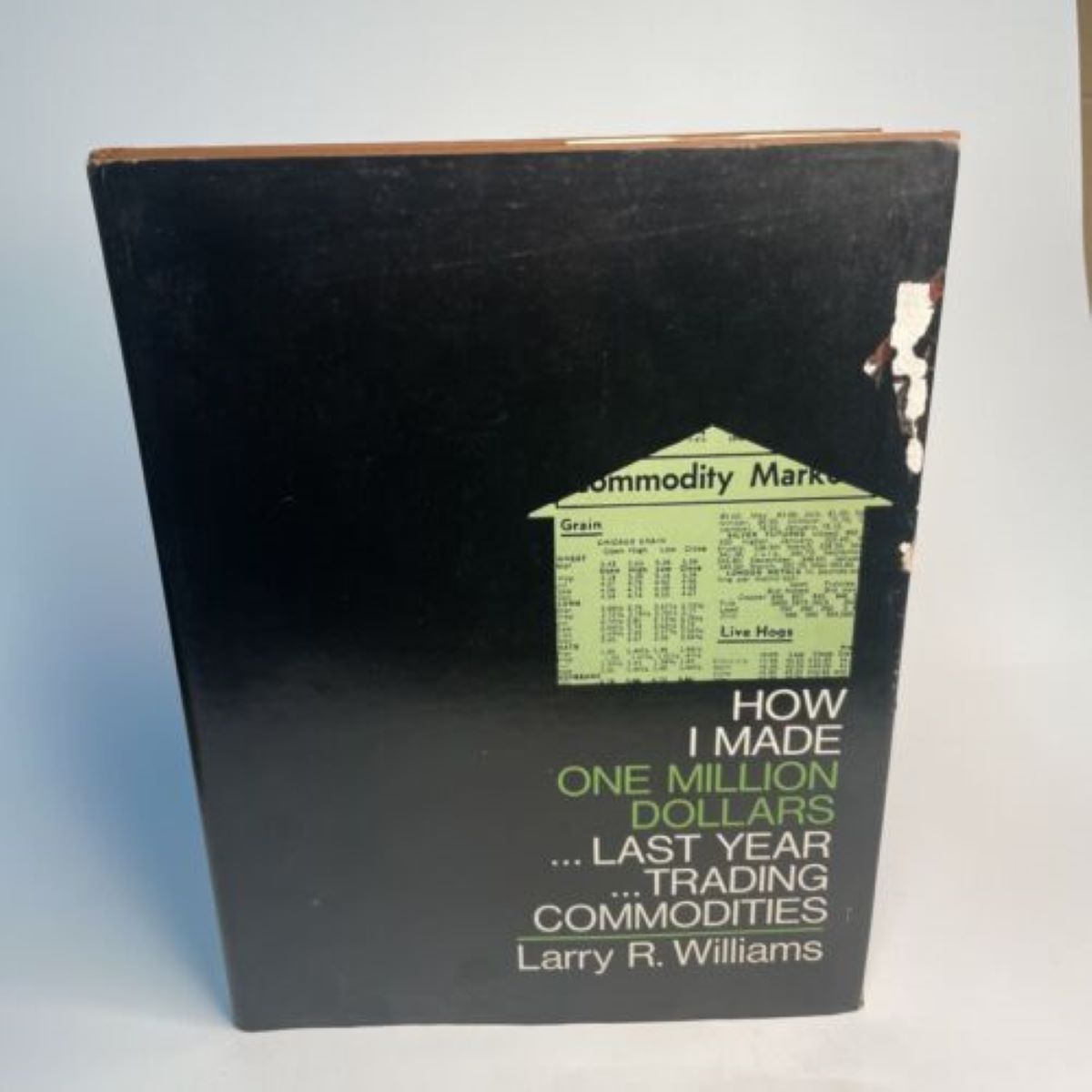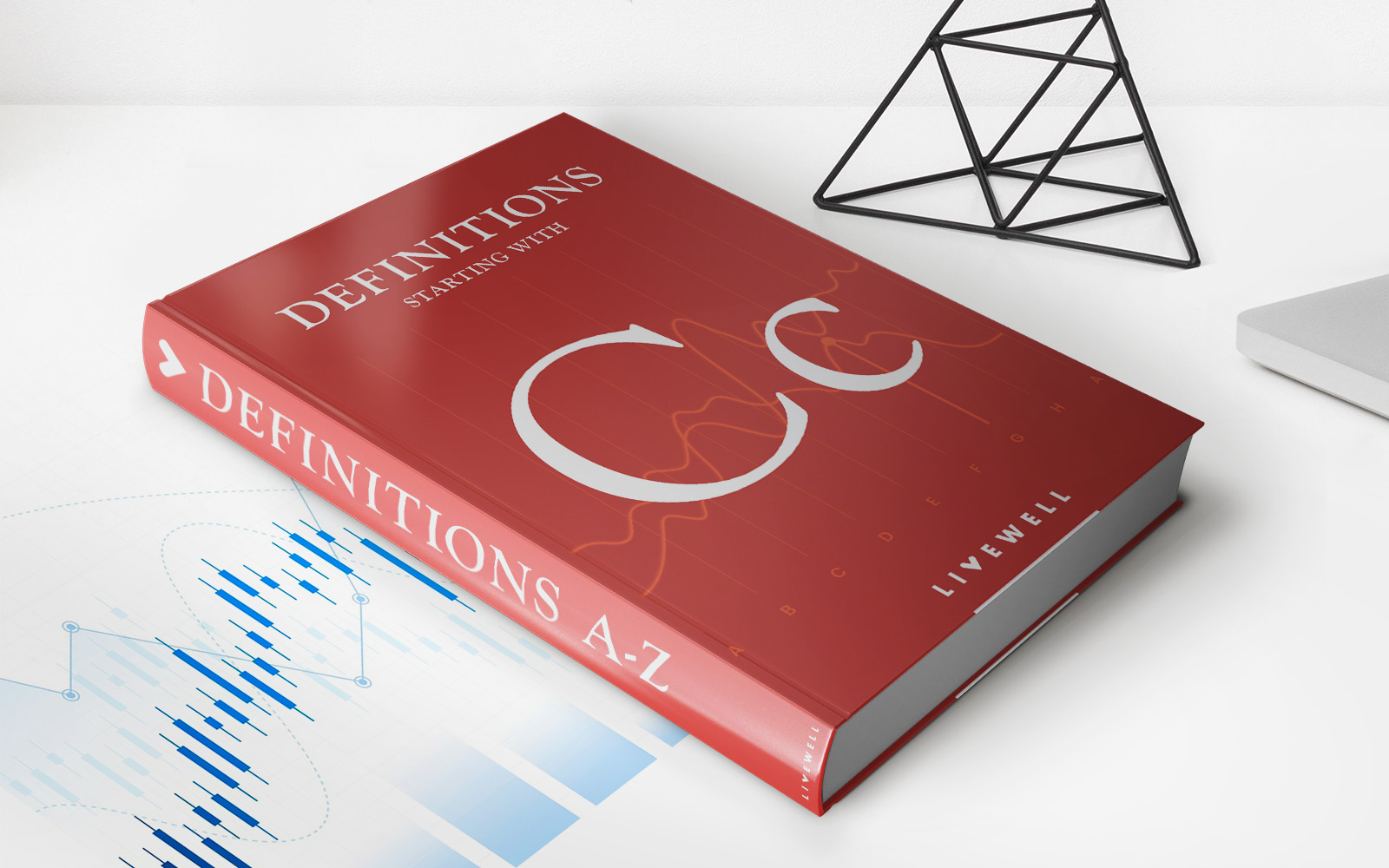Home>Finance>What Is A Monetary Item? Definition, How They Work, And Examples
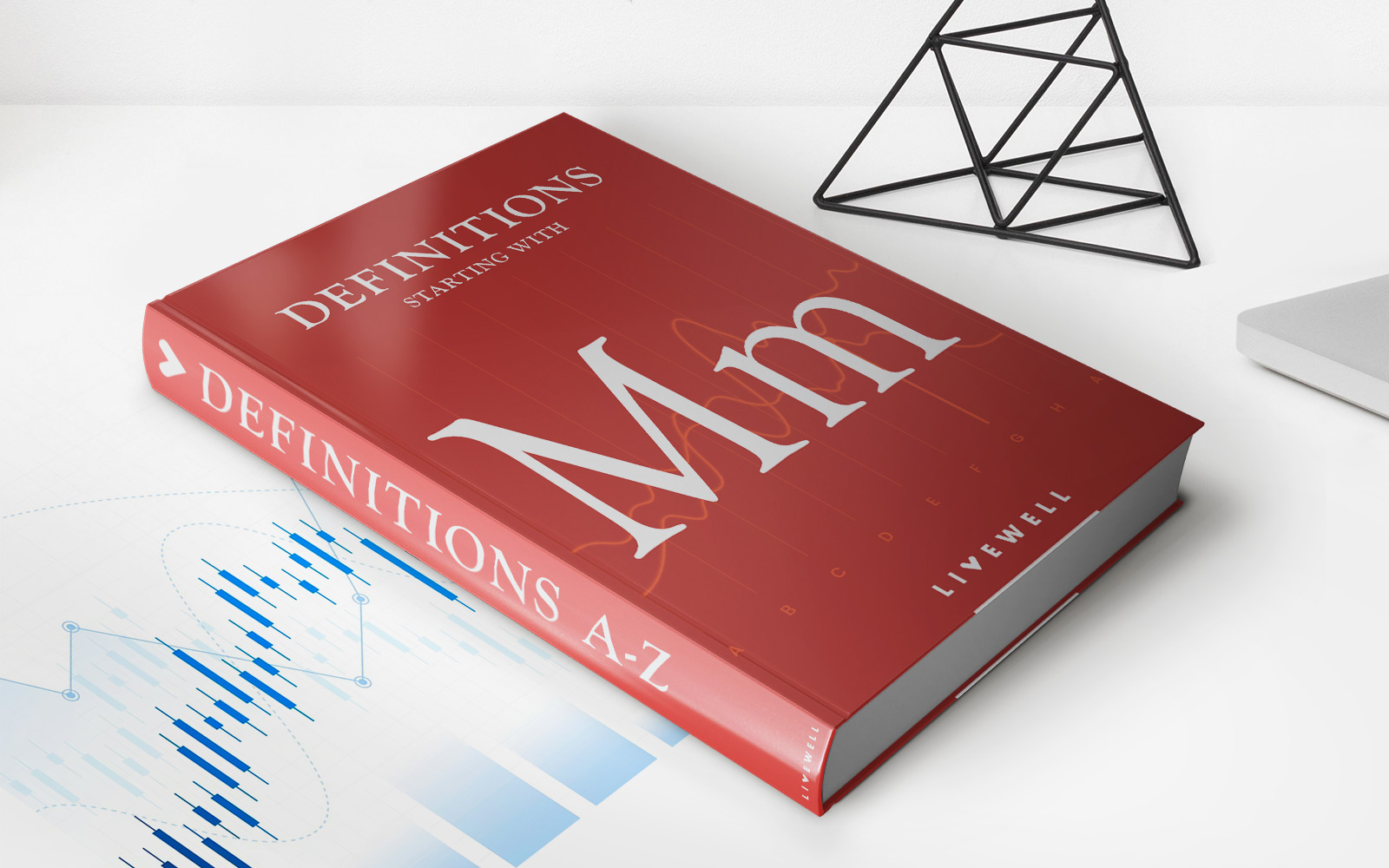

Finance
What Is A Monetary Item? Definition, How They Work, And Examples
Published: December 26, 2023
Learn about finance and monetary items. Discover the definition, how they work, and examples in this comprehensive guide.
(Many of the links in this article redirect to a specific reviewed product. Your purchase of these products through affiliate links helps to generate commission for LiveWell, at no extra cost. Learn more)
Understanding Monetary Items: Definition and How They Work
As we navigate the world of finance, we often come across terms that may initially seem complex and unfamiliar. One such term is “monetary items.” But fear not! In this article, we will demystify the concept of monetary items, provide a clear definition, explain how they work, and offer some real-life examples to solidify your understanding. So, let’s dive in!
Key Takeaways:
- Monetary items refer to assets or liabilities that are denominated in a specific currency.
- They are subject to revaluation due to changes in exchange rates, which can impact financial statements.
Defining Monetary Items
A monetary item is any asset or liability that is expressed in a monetary unit, such as dollars, euros, or yen. These items have a determinable numerical value at a specific point in time and are typically represented in financial statements.
Unlike non-monetary items (such as property or inventory), which are valued based on their historical cost or fair market value, monetary items carry a unique characteristic—they are subject to revaluation due to currency fluctuations. This means that changes in exchange rates can impact the value of monetary items and alter financial statements.
How Do Monetary Items Work?
When the exchange rate between currencies changes, it directly affects the value of monetary items. This is because the monetary value of an asset or liability denominated in another currency will increase or decrease based on the new exchange rate.
For example, let’s say a company has a loan with a principal amount of $10,000, denominated in British pounds (GBP). If the exchange rate between the US dollar and the British pound changes, the monetary value of that loan will fluctuate accordingly.
Here are a few scenarios to illustrate how these changes can impact monetary items:
- If the exchange rate strengthens (1 USD = 0.80 GBP), the value of the loan in US dollars would decrease to $8,000, resulting in a gain for the company.
- If the exchange rate weakens (1 USD = 0.90 GBP), the value of the loan would increase to $9,000, resulting in a loss for the company.
- If the exchange rate remains the same, the value of the loan will not be affected, and it will stay at $10,000.
Real-Life Examples of Monetary Items
To further grasp the concept, let’s explore some real-life examples of monetary items:
- A foreign currency-denominated bank account
- Long-term loans or bonds issued in another currency
- Accounts payable or receivable in a foreign currency
- Investments held in a different currency
- Foreign currency cash on hand
These examples demonstrate how businesses and individuals encounter monetary items in their financial transactions, investments, and day-to-day operations.
Conclusion
Monetary items play a crucial role in finance, as they represent assets and liabilities that are denominated in a specific currency. Understanding how changes in exchange rates can influence the value of these items is essential for accurate financial reporting.
Key Takeaways:
- Monetary items are assets or liabilities expressed in a monetary unit and are subject to revaluation due to changes in exchange rates.
- Changes in exchange rates can impact the value of monetary items, resulting in gains or losses for businesses and individuals.
By now, you should have a solid understanding of monetary items and their importance in the world of finance. Remember, keeping up with the ever-changing currency markets is essential to effectively manage and report the financial health of a business or individual.
